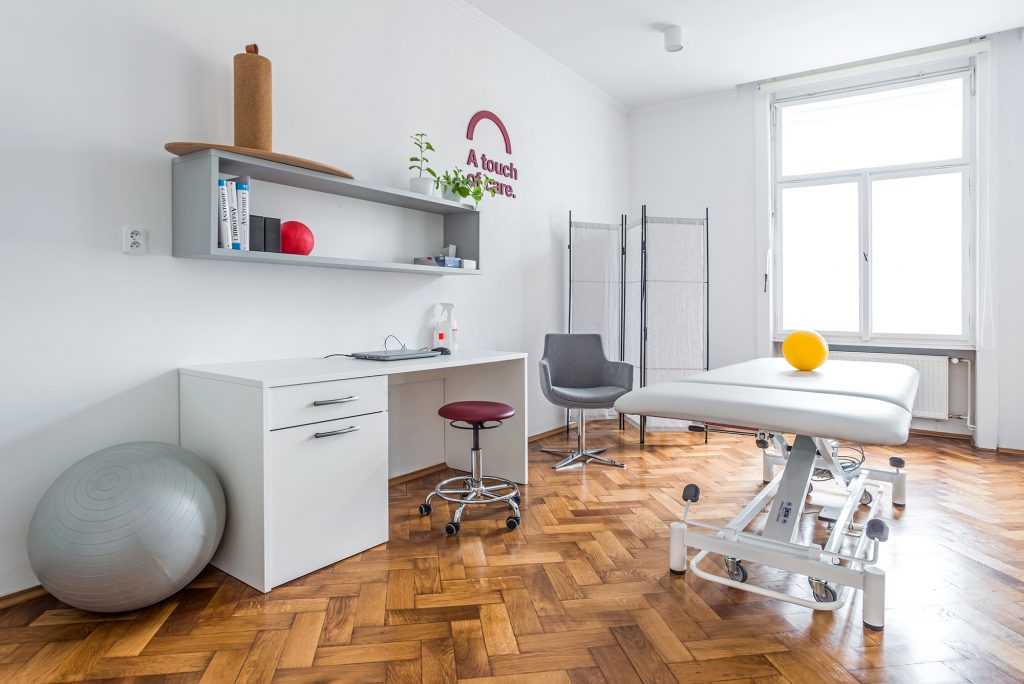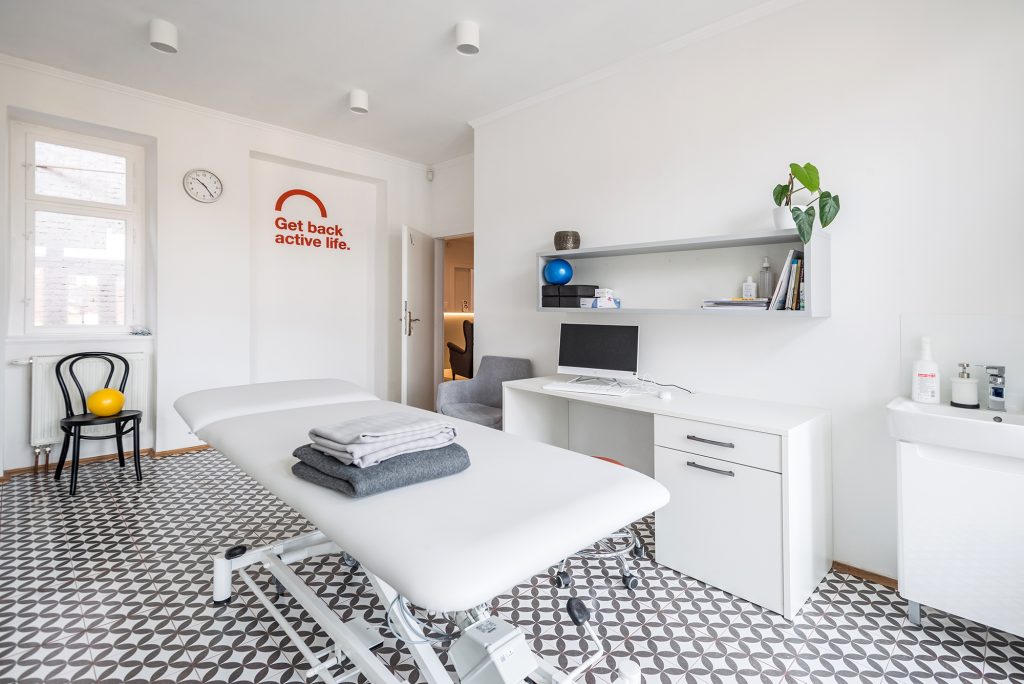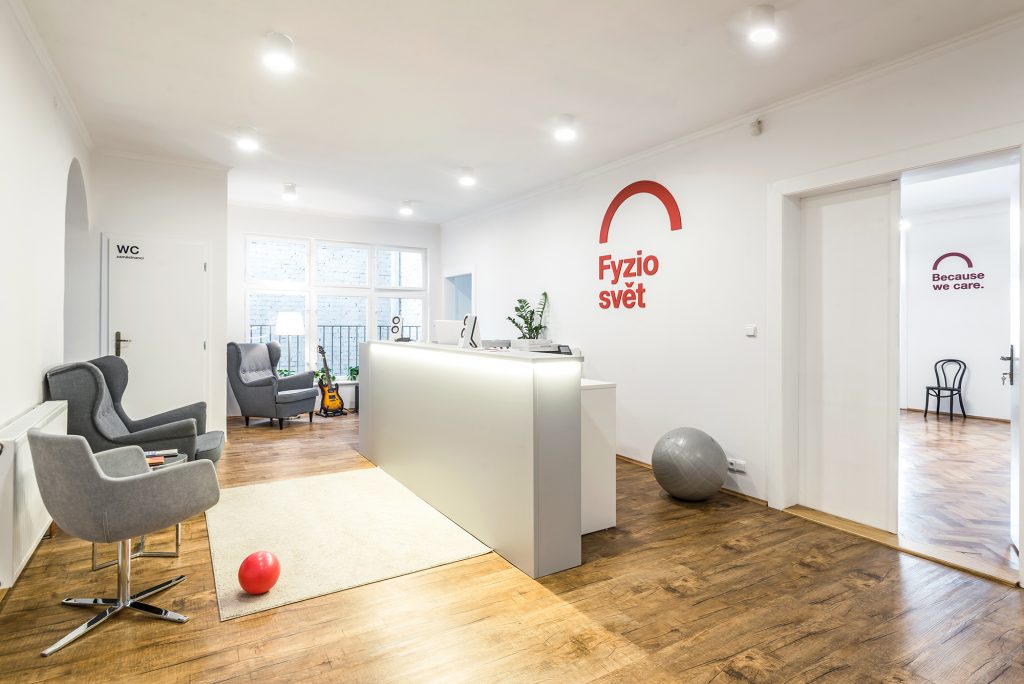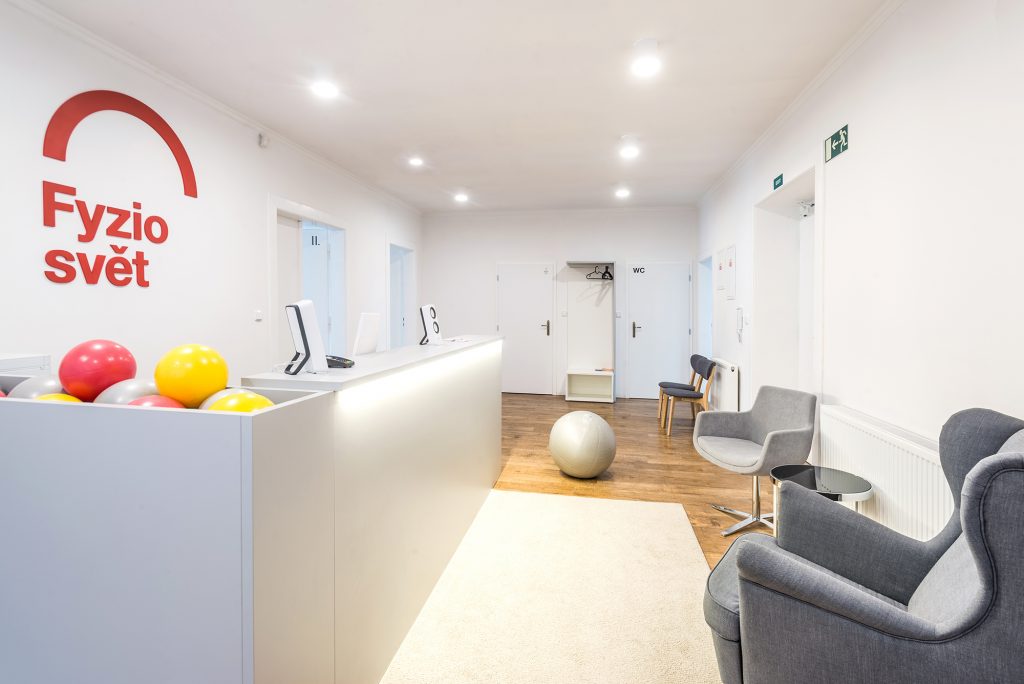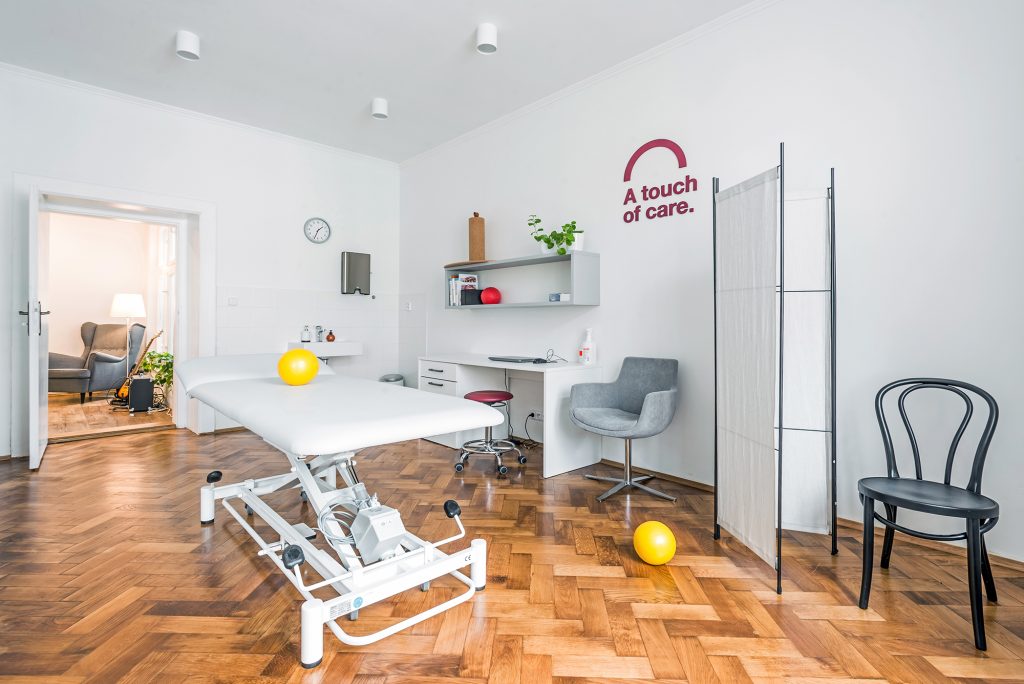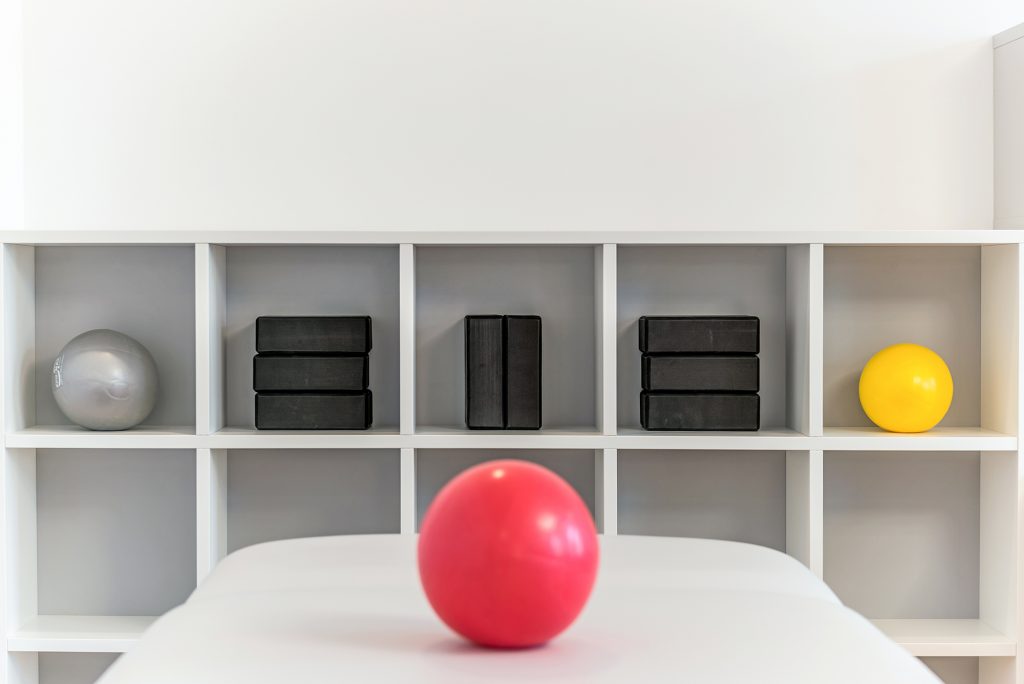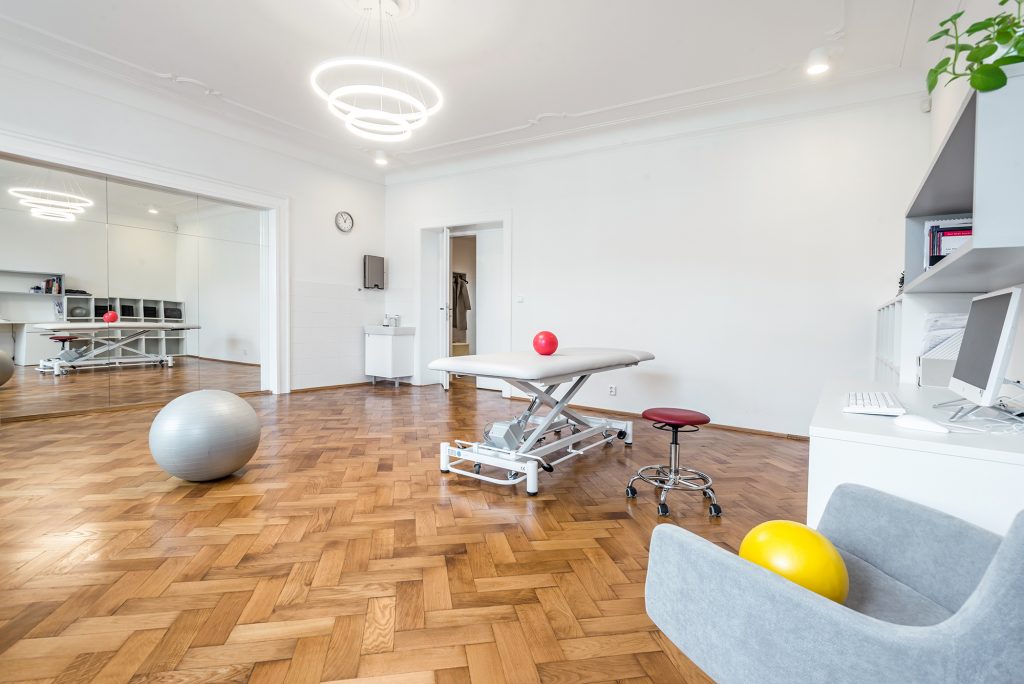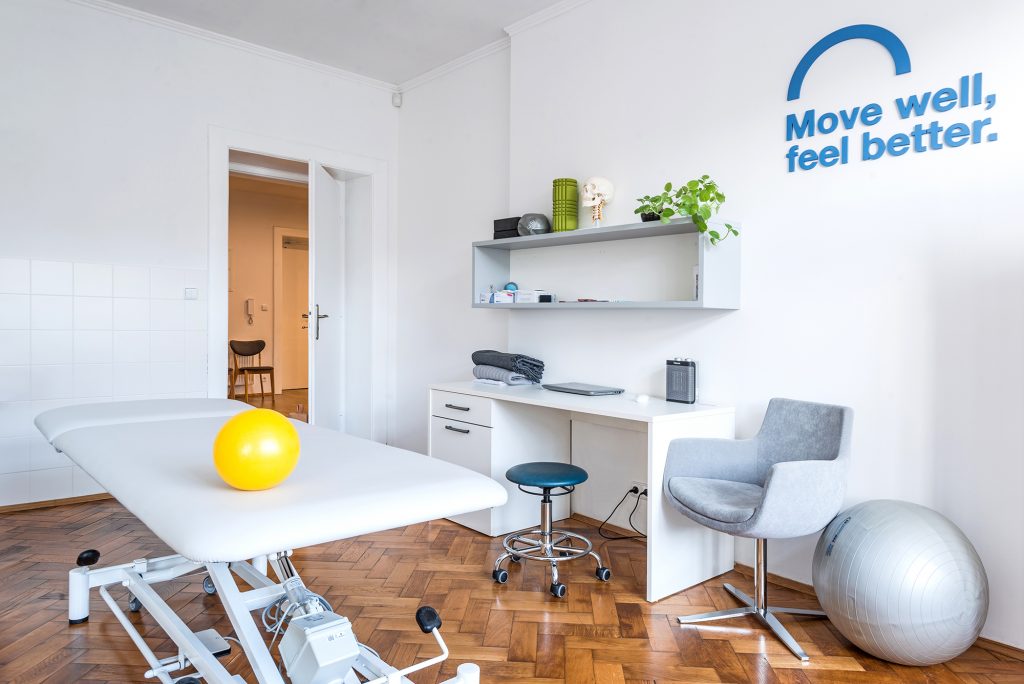Physiotherapy and Tinnitus Treatment
The term “tinnitus” comes from the Latin word tinnire, meaning “to ring” or “to sound.” It is a symptom typically experienced as a ringing, buzzing, humming, or whistling sound in one or both ears. Usually, tinnitus is only heard by the affected individual. This is referred to as “subjective tinnitus,” where the person perceives sounds that are not real or audible to others. Rarely, “objective tinnitus” can occur, which can be heard by both the patient and a doctor through a stethoscope.
Tinnitus can vary in intensity, duration, and progression. In many cases, it can be relatively well suppressed, especially during the day when ambient noise is constant. However, there are instances where the noise becomes so intrusive that it significantly interferes with daily activities, reducing concentration and preventing rest, turning into a constant and exhausting companion.
Currently, millions of people worldwide suffer from tinnitus. Around 50% of the population experiences tinnitus at least once in their life, and about 10% suffer from chronic tinnitus. For approximately 1% of patients, it is severe enough to significantly impact their quality of life. In the Czech Republic, it is estimated that around 600,000 to 700,000 people are affected by tinnitus, and its prevalence increases with age.
What Am I Hearing and How Does Tinnitus Arise?
The noise that a person hears is spontaneous electrical activity within the auditory system. Normally, this electrical signal is generated when the system detects a sound (like an approaching car) and sends it to the brain to alert the person. The problem with tinnitus is that this electrical activity isn’t properly filtered. It travels through various circuits in the brain and is perceived as a new sound. Tinnitus is often linked to emotions like fear, anxiety, or frustration. As a result, the brain gives priority to this sound, amplifying it and storing it in memory.
In a small minority of cases (around 2%), the sound can be objectively detected during an ear examination. The noise might be caused by increased tension in the muscles of the middle ear. In some cases, tinnitus aligns with the patient’s pulse, caused by natural blood flow or turbulence near the inner ear.
Types of Tinnitus
Tinnitus is most commonly categorized by its duration as either acute or chronic. In cases of acute tinnitus, once the trigger (such as inflammation, sound trauma, or head or neck injury) is addressed, the nerve cells in the brain can regenerate, and the disruptive auditory perception fades away. However, if this perception is embedded in long-term memory, the chances of eliminating it decrease, requiring the patient to learn to live with it. Chronic tinnitus is defined as lasting longer than six months.
Causes of Tinnitus
Tinnitus can have many different causes, and not all of them can be treated. Common triggers include excessive noise, which can damage hearing, inflammatory processes (such as infections of the ear canal, middle ear infections, or Ménière’s disease), and stress. These triggers often do not cause permanent damage to sensory or nerve cells, so tinnitus may disappear after a few days or weeks.
Other causes include blood pressure fluctuations, earwax blockages, ear injuries, and atherosclerosis. Neurological disorders like multiple sclerosis, vitamin B12 deficiency, depression, and Lyme disease can also be linked to tinnitus, often accompanied by impaired hearing, which we refer to as “auditory tinnitus.”
Physiotherapy and Tinnitus Treatment
If tinnitus is not associated with hearing loss, it falls into a second category known as somatosensory tinnitus. In this case, it may be related to issues within the musculoskeletal system, and seeking help from a physiotherapist is recommended.
Causes: Cervical Spine, Jaw Joint, Trigger Points in Muscles
Somatosensory tinnitus can be connected to disorders of the cervical spine, the jaw joint, or the presence of muscle trigger points (also known as spasms). The intensity and nature of the tinnitus may change depending on the position or movement of the cervical spine or jaw joint.
Tinnitus may also arise from traumatic injuries to the head or neck. One example is whiplash, which results from a sudden impact during car accidents or sports injuries.
There are several causes of tinnitus that can be addressed through physiotherapy, and these are a focus in our practice. Cervical spine and jaw joint problems are among our primary specializations. However, it’s important to understand that tinnitus related to the musculoskeletal system is not one of the most common causes of this condition.
Effectiveness of Physiotherapy in Tinnitus Treatment
Based on our experience, we can improve tinnitus with physiotherapy in about 15-20% of clients. Releasing active trigger points (muscle spasms), mobilizing the cervical spine, relaxing the jaw muscles and the muscles of the mouth floor, along with practicing relaxation and activation techniques at home, form the foundation of rehabilitation for somatosensory tinnitus. If both the therapist and the client agree that psychological factors may be important, we collaborate with psychologists in treatment. After a thorough diagnosis, the physiotherapist will explain whether the cause of the tinnitus is reversible. If it is, they will help you return to a normal life.
12 Tips for Managing Tinnitus:
- Consult a Specialist: An ENT doctor can assess your condition and determine the appropriate treatment. Acute tinnitus is often treated with medications that improve blood circulation, but it’s essential to start with a thorough diagnosis.
- Avoid Focusing Too Much on the Sound: Paying excessive attention to tinnitus can intensify its perception. If you shift your attention elsewhere, habituation may occur, allowing you to ignore the tinnitus, much like tuning out the ticking of a clock.
- Tinnitus Is Not a Sign of a Dangerous Condition: It’s important to understand that in the vast majority of cases, tinnitus is not a serious medical issue.
- Reduce Stress and Rest in Your Own Way: Reducing stress makes it easier to ignore tinnitus. General stress and uncertainty can worsen tinnitus perception. Take time for yourself with activities like yoga, tai chi, or stress-relief exercises. If stress plays a significant role in your life, consider seeking help from a psychologist.
- Hearing Aids May Help: If tinnitus is caused by hearing loss, hearing aids can replace the ringing with ordinary sounds from the environment. Your ENT doctor will determine if hearing aids are necessary.
- Mask the Noise at Night: If tinnitus bothers you at night, try masking it with sounds like crackling fire, rain, or nature sounds. You can find these on YouTube or have them integrated into your hearing aid.
- Consider a Tinnitus Masker: An external noise generator sends specially tuned sounds to cover tinnitus.
- Avoid Excess Caffeine and Nicotine: These substances can exacerbate tinnitus symptoms.
- See a Physiotherapist: If tinnitus is not linked to hearing loss and you experience tension or pain in your spine or jaw, consult a physiotherapist specializing in these issues. The chances of success increase if the tinnitus varies with head or jaw movements.
- Limit Noise Exposure: Excessive noise can worsen tinnitus, so reduce your exposure when possible. Even minor background noises, like the hum of a computer or air conditioner, can trigger a tinnitus flare-up.
- Take Magnesium and Vitamin B6: A deficiency in these nutrients can contribute to tinnitus.
- Avoid Trigger Foods: Monitor what triggers your tinnitus. In rare cases, tinnitus may be linked to food allergies. Adjusting your diet can improve your overall lifestyle as well.
